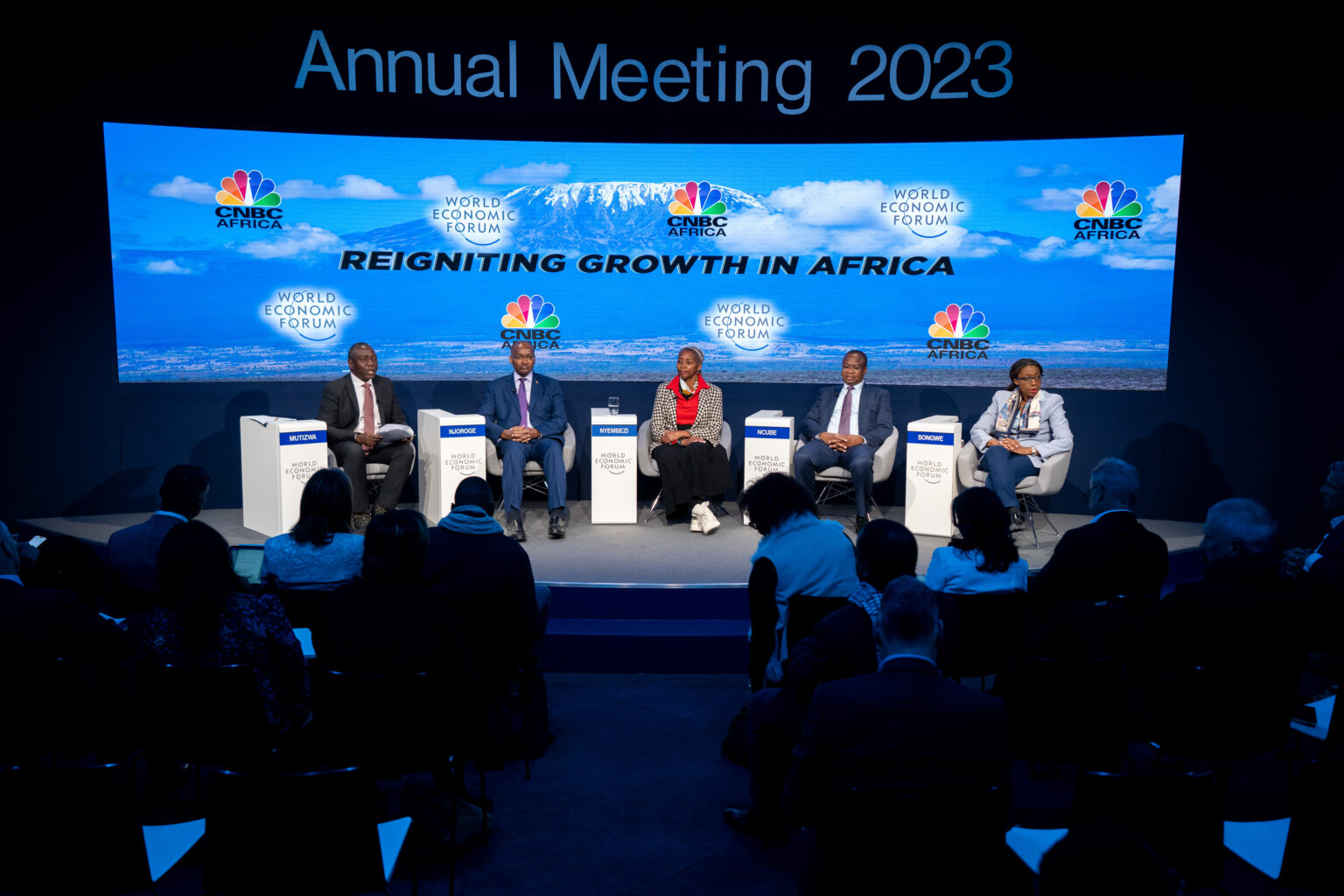The continent as always, has great promise. This was the unanimous conclusion from the just-ended World Economic Forum, which is traditionally held at the Swiss resort town of Davos every year. However, significant obstacles stand in the way of the continent reclaiming its mantle of economic growth. The World Economic Forum held in Davos every
[elementor-template id="94265"]
